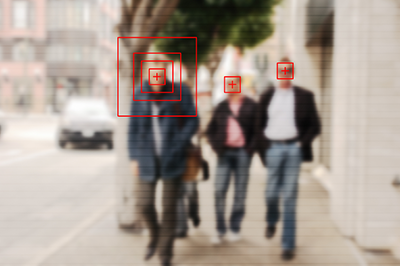
In an opinion presented to the Senate, the Helsinki Foundation for Human Rights has noted that the special electoral law passed by the Lower House (the Sejm) contains measures which undermine the equality of elections and legal certainty.
The Foundation has also expressed concerns over how the electoral packages are to be distributed.
The new law provides that postal voting will be an optional voting method in the upcoming presidential elections. However, according to the HFHR, the lawmakers have failed to establish adequate safeguards to ensure that each package is delivered to the designated voter.
Since the packages are delivered to mailboxes rather than directly to a voter, electoral packages may be acquired by unauthorized persons – points out Marcin Wolny, a lawyer at the HFHR.
Furthermore, the elections conducted under the new law will be hybrid as the pool of contenders will include both the candidates registered for the cancelled elections and new candidates. However, the legal situation of the “new” and “old” contenders will differ significantly. The former will not need to repeat the registration formalities. Also, they will be authorised to allocate three times more funds for the entire election campaign, as compared to the latecomer candidates.
This will jeopardize the equality of elections, understood as the lawmakers’ obligation to create equal opportunities for all candidates participating in the elections – Mr Wolny explains.
Another controversial point of the new law is the electoral timetable. The new law waives the provisions of the Electoral Code which specify time limits for the completion of individual electoral procedures. New deadlines are to be arbitrarily set by the Speaker of the Sejm, which may result in the fixing of abnormally short time limits for electoral procedures such as collecting the number of signatures required to officially register a candidate.
The electoral timetable may not be set in this way. Article 127 (7) of the Constitution stipulates that the principles of and procedure for nominating presidential candidates must be specified in statutory law and an order of the Speaker of the Sejm is not, constitutionally speaking, a source of any law, statutory or otherwise – Marcin Wolny adds.
On the other hand, the HFHR welcomed the idea of authorising the Minister of Health to designate the obligatory personal protective equipment for the members of precinct electoral commissions. However, the Foundation pointed out that such PPE should also be available to “persons of confidence” appointed by candidates’ campaigns and independent observers working at polling stations.


